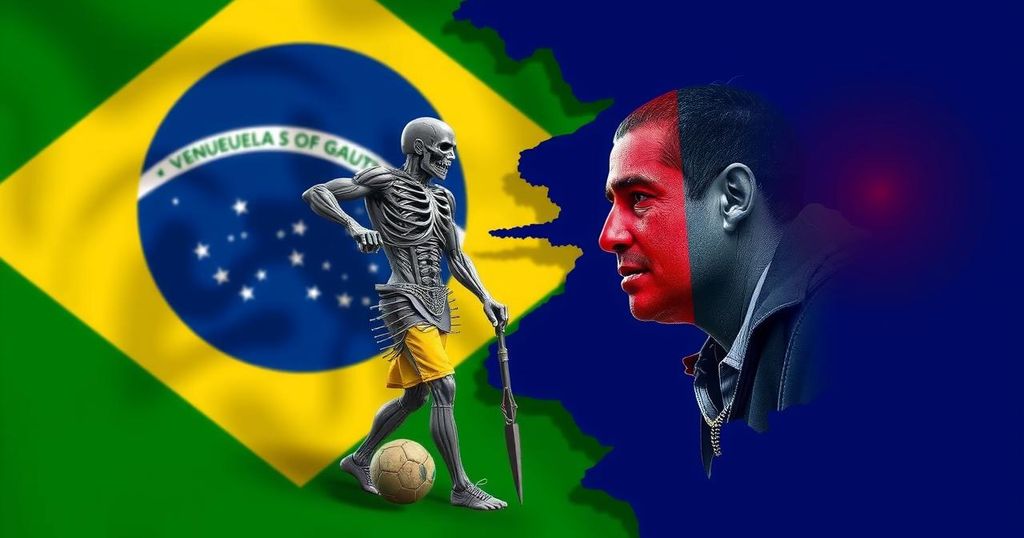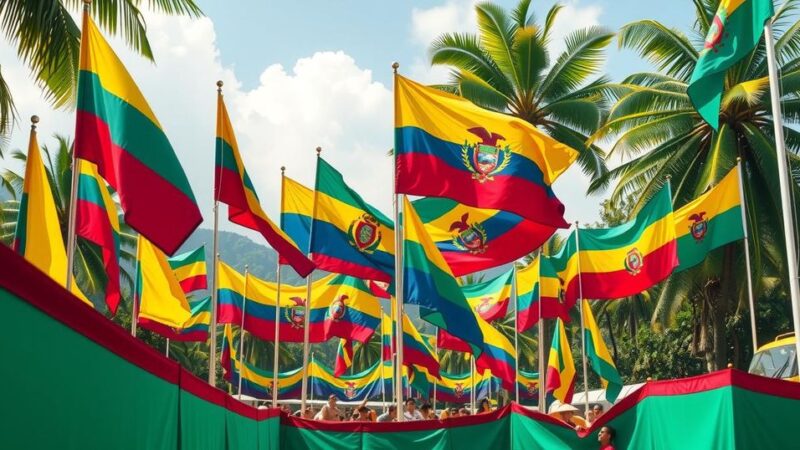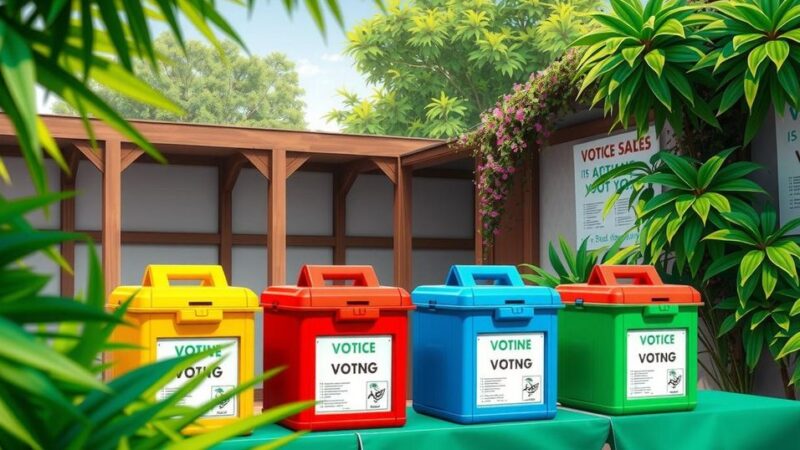Brazil’s government has criticized Venezuela for its escalating tensions and personal attacks, stating that such behavior is contrary to diplomatic norms. The tensions intensified after Venezuela’s failed bid for BRICS membership and controversies surrounding its presidential election. Brazil emphasized respect for sovereignty and seeks to address these issues through dialogue.
Brazil’s government has publicly responded to rising tensions with Venezuela, expressing surprise over what it called the ‘offensive tone’ adopted by Venezuelan officials against Brazil. Recently, Venezuelan criticism has escalated, targeting Brazilian foreign relations officials and President Luiz Inácio Lula da Silva, who had previously been an ally. The Brazilian Foreign Ministry stated, ‘The choice of personal attacks and rhetorical escalations, instead of political and diplomatic channels, does not align with the respectful manner in which the Brazilian government treats Venezuela.’ The strained relations between the two nations intensified following comments made by a Brazilian presidential adviser regarding Venezuela’s unsuccessful attempt to join the BRICS bloc at the recent summit in Russia. Additionally, tensions have arisen over disputed outcomes from Venezuela’s July presidential election, prompting calls for improved transparency. In response, Venezuela summoned Brazil’s chargé d’affaires to express their discontent regarding statements issued by Brazil’s government and criticized former Brazilian Foreign Minister Celso Amorim for allegedly representing U.S. interests. Initially, Brazil opted for a diplomatic silence to avert further disputes; however, this position shifted after Venezuela’s police published an image that seemed to threaten Brazil. In contrast, Brazil stated it upholds the principles of non-intervention and sovereignty for all neighboring countries. Brazil justified its interest in Venezuela’s electoral matters by referencing its role in the 2023 Barbados Agreements that addressed the conditions for a democratic process in Venezuela. Celso Amorim indicated that any improvement in relations depends on Venezuela’s actions, following allegations from Venezuela’s electoral authority regarding hacking that impeded the publication of election results. Despite efforts by Brazilian, Colombian, and former Mexican leaders to mediate the electoral conflict, no resolutions were achieved, allowing President Maduro to entrench his position of power. Furthermore, Brazil conveyed its opposition to Venezuela’s inclusion in BRICS, rationalizing this decision as based on a belief that member nations should hold regional influence and actively contribute to regional representation. Venezuela’s response denounced Brazil’s stance as ‘irrational behavior’ akin to U.S. economic sanctions against Venezuela.
The diplomatic relations between Brazil and Venezuela have been historically complex, characterized by periods of both cooperation and tension. Brazil has played a significant role in regional politics and has often sought to maintain a respectful and non-invasive stance regarding its neighbors. However, recent events surrounding Venezuela’s foreign relations and internal electoral challenges have led to escalating criticisms and personal attacks, marking a significant departure from previous diplomatic norms. The involvement of BRICS, a group of emerging economies, further complicates the relationship, as Venezuela has sought inclusion in this bloc amid ongoing contention over electoral transparency and legitimacy, especially following its recent presidential elections which many international observers deemed questionable.
In summary, Brazil has expressed concern over aggressive rhetoric and personal attacks emanating from Venezuela, emphasizing its preference for diplomacy over hostility. The tensions between both nations stem from Venezuela’s failed application to join BRICS and unresolved electoral disputes. Brazil’s commitment to non-intervention and respect for sovereignty underpins its diplomatic approach, yet relations remain fragile, contingent upon Venezuela’s forthcoming actions regarding election transparency and adherence to democratic principles. The situation highlights the delicate balance in regional politics and the implications of diplomatic engagement in the context of volatile national governance and international alliances.
Original Source: abcnews.go.com






